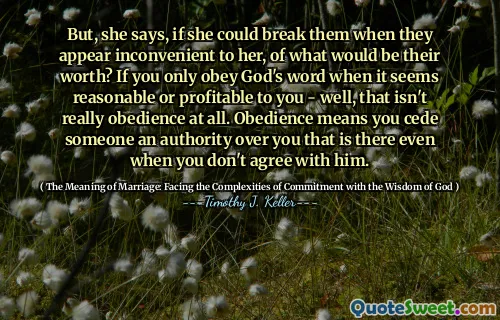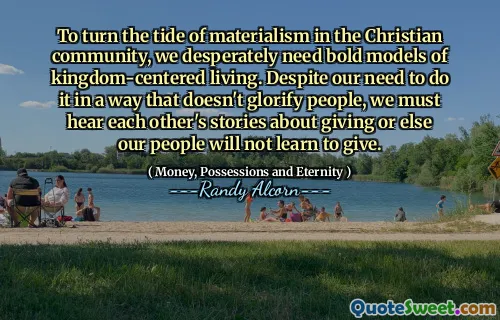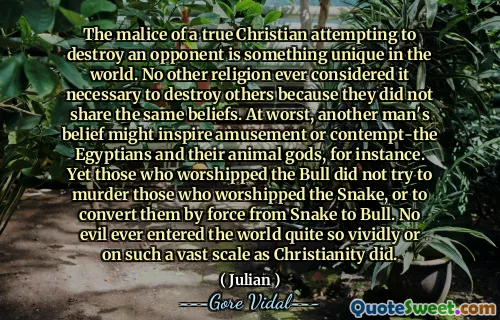
The gospel is this: We are more sinful and flawed in ourselves than we ever dared believe, yet at the very same time we are more loved and accepted in Jesus Christ than we ever dared hope.
This quote encapsulates a profound truth about human nature and the transformative power of grace. At first glance, it acknowledges the harsh reality of our intrinsic flaws and moral failings, often hidden behind masks of confidence or denial. Recognizing the depth of our sinfulness can be unsettling, as it exposes our vulnerabilities and shortcomings. However, the paradox presented—that we are simultaneously more loved and accepted than we ever dared hope—offers a message of hope and redemption. It emphasizes that, despite our imperfections, the love extended to us through Jesus Christ is unmerited and boundless. This dual awareness should lead to humility rather than despair; understanding our flaws can foster genuine repentance and a craving for divine grace, not complacency. Simultaneously, accepting the unconditional love of Christ can inspire humility, gratitude, and a genuine desire to grow morally and spiritually. The quote reminds believers that salvation is not based on our worthiness but on divine mercy, which transforms our perception of ourselves and others. It encourages a balanced view—recognizing our faults while holding firmly to the hope that divine love is greater than any flaw. This understanding can foster authentic humility, deepen our dependence on grace, and motivate us to pursue moral growth rooted in gratitude and love. Ultimately, it presents a beautiful gospel truth: humility and hope coexist, guiding us toward a more honest and compassionate faith journey.







